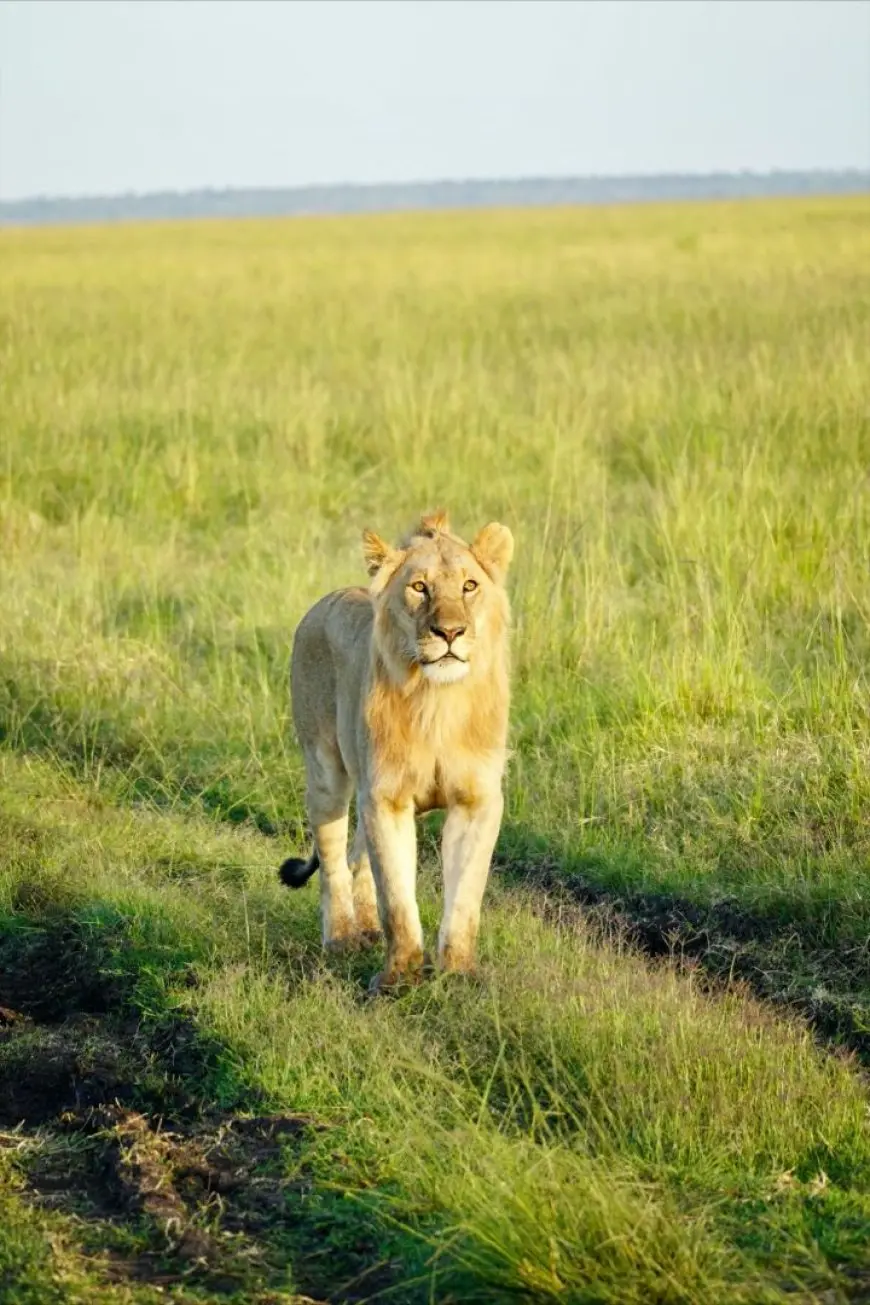Planning Your First Safari: What to Expect
Planning Your First Safari: What to Expect

A safari is a unique adventure that offers an exciting opportunity to witness wildlife in their natural habitat. As a first-timer, it's essential to understand what to expect and how to prepare for this thrilling experience.
One of the first things to consider is the destination. Africa is home to some of the most renowned safari destinations, such as Kenya's Maasai Mara, Tanzania's Serengeti, and South Africa's Kruger National Park. Each location offers its own unique wildlife, landscapes, and experiences. Researching the specific animals and activities available in the area you choose will help you decide on the perfect safari destination.
Expect early morning and late afternoon game drives. The best times to spot wildlife are during these cooler hours when animals are most active. Game drives are often conducted in open vehicles, allowing you to get close to animals without disturbing them. Be prepared for a bumpy ride as you navigate through rugged terrain.
Wildlife sightings can be unpredictable, so patience is key. You may be fortunate enough to see the "Big Five" (lions, elephants, buffalo, leopards, and rhinos), but the excitement of spotting other animals like giraffes, zebras, and various species of birds is equally thrilling. Your guide will have in-depth knowledge of animal behavior, which will enhance your experience.
Safari lodges and camps can range from luxurious to more basic accommodations. Many safaris include full-board lodging, offering meals and guided activities. Depending on the type of safari you choose, you might be staying in luxurious tents with all amenities, or you could opt for a more rustic experience in a tented camp or mobile lodge.
Packing for a safari requires practical clothing. Neutral-colored clothing (like khaki and brown) is ideal, as bright colors can startle animals. Make sure to bring lightweight clothing for the day, as well as warmer layers for the chilly early mornings and evenings. Don’t forget essentials like sunscreen, a hat, and insect repellent.
In addition to wildlife viewing, safaris often offer other activities such as guided walking safaris, bird watching, cultural visits to local communities, and stargazing. These activities allow you to immerse yourself in the environment and learn more about the culture and conservation efforts in the region.
While safaris are an extraordinary experience, it’s important to be prepared for the environmental conditions. Expect some rough roads, unpredictable weather, and remote areas with limited facilities. Staying hydrated, respecting the environment, and following your guide's instructions are essential for a safe and enjoyable experience.







